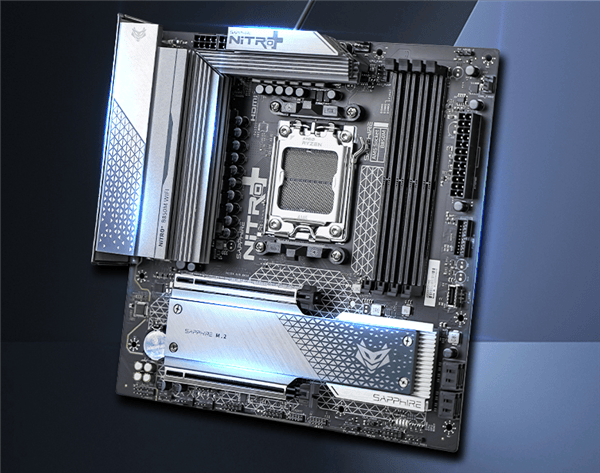In a recent technological news report, the chip consulting authority Semianalysis cast doubt on the market performance of AMD's latest AI chip, "MI300X," following an in-depth investigation. The chip, which was highly anticipated, has struggled to gain a foothold in the AI chip market dominated by NVIDIA due to software flaws and performance that did not meet expectations.
Semianalysis' report thoroughly exposed the challenges AMD is facing. It pointed out that the MI300X chip's software has significant defects, making it almost impossible to train AI models without extensive debugging, which has posed significant difficulties for AMD in terms of product quality and ease of use. In contrast, NVIDIA has continuously strengthened its market leadership by introducing new features and tool libraries.
To validate this conclusion, Semianalysis conducted multiple rigorous tests, including GEMM benchmark tests and single-node training. The test results showed that AMD is struggling to break through NVIDIA's "CUDA" technology barrier.
Despite the MI300X's impressive hardware specifications, including a 1307 TeraFLOPS FP16 precision computing power and 192 GB of HBM3 memory, and the relatively low total cost of ownership of AMD systems, these advantages have not been fully demonstrated in practical applications. Semianalysis' analysis team noted that they had to closely collaborate with AMD engineers to correct a large number of software defects to obtain usable benchmark test results, while NVIDIA's systems could be used out-of-the-box without such a complicated process.
In response to this issue, Semianalysis made specific suggestions to AMD. They recommended that AMD CEO Su Zifeng increase investment in software development and testing, particularly by configuring thousands of MI300X chips for automated testing to simplify complex environmental variables and implement better preset settings to achieve the convenience of "out-of-the-box" use.
It was reported that Semianalysis Chief Analyst Dylan Patel had a 1.5-hour meeting with Su Zifeng, in which they deeply discussed the software issues facing the MI300X chip. During the meeting, Su Zifeng openly acknowledged AMD's shortcomings in software and seriously listened to Semianalysis' suggestions. She asked multiple questions of the AMD team and Semianalysis, demonstrating a firm determination to improve product performance.
Su Zifeng retweeted the related post by Semianalysis on social media, stating, "Thank you, Dylan, for a constructive dialogue. Even critical feedback is a valuable gift. We have already invested a lot of work in customer and workload optimization, but we know there is still more work to do to support a wide ecosystem." She also revealed AMD's commitment to building world-class open-source software and announced that there will be more plans in 2025.









暂无评论